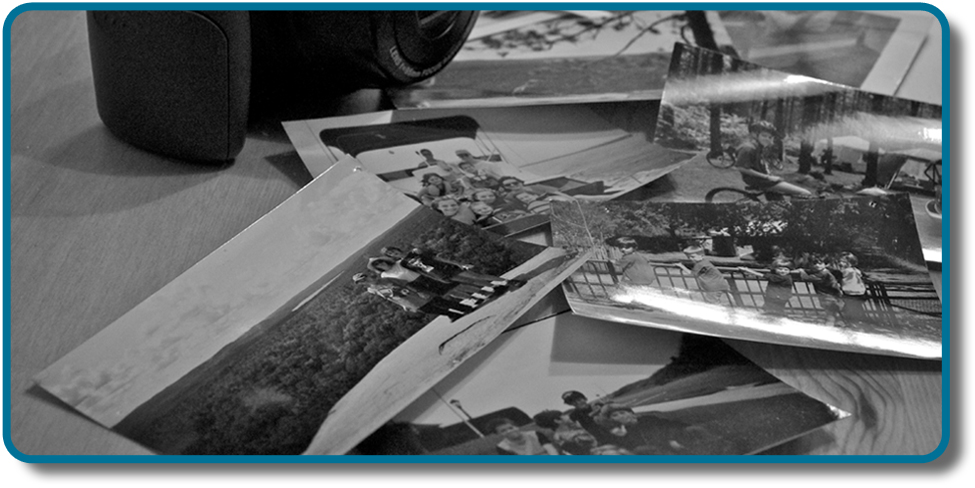| << Chapter < Page | Chapter >> Page > |

We may be top-notch learners, but if we don’t have a way to store what we’ve learned, what good is the knowledge we’ve gained?
We have an amazing capacity for memory, but how, exactly, do we process and store information? Are there different kinds of memory, and if so, what characterizes the different types? How, exactly, do we retrieve our memories? And why do we forget? This chapter will explore these questions as we learn about memory.
Abel, M.,&Bäuml, K.-H. T. (2013). Sleep can reduce proactive interference. Memory, 22 (4), 332–339. doi:10.1080/09658211.2013.785570. Retrieved from http://www.psychologie.uni-regensburg.de/Baeuml/papers_in_press/sleepPI.pdf
Anderson, N. S. (1969). The influence of acoustic similarity on serial recall of letter sequences. Quarterly Journal of Experimental Psychology, 21 (3), 248–255.
Anderson, R. C. (1984). Role of the reader's schema in comprehension, learning, and memory. In R. C. Anderson, J. Osborn,&R. J. Tierney (Eds . ), Learning to read in American schools: Basal Readers and Content Texts (pp. 243–257). Hillsdale, NJ: Erlbaum.
Atkinson, R. C.,&Shiffrin, R. M. (1968). Human memory: A proposed system and its control processes. In K. W. Spence&J. T. Spence (Eds.), The psychology of learning and motivation: Volume 2 (pp. 89–195). New York, NY: Academic Press.
Baddeley, A. (2004). Your memory: A user's guide . Richmond Hill, Canada: Firefly Books.
Baddeley, A. D.,&Hitch, G. (1974). Working memory . In G. H. Bower (Ed.), The psychology of learning and motivation: Advances in research and theory (Vol. 8, pp. 47–89). New York, NY: Academic Press.
Bayley, P. J.,&Squire, L. R. (2002). Medial temporal lobe amnesia: Gradual acquisition of factual information by nondeclarative memory. Journal of Neuroscience, 22 , 5741–5748.
Bellezza, F. S. (1981). Mnemonic devices: Classification, characteristics and criteria. Review of Educational Research, 51 , 247–275.
Benjamin N. Cardozo School of Law, Yeshiva University. (2009). Reevaluating lineups: Why witnesses make mistakes and how to reduce the chance of a misidentification. Retrieved from The Innocence Project website: http://www.innocenceproject.org/docs/Eyewitness_ID_Report.pdf
Blockland, A. (1996). Acetylcholine: A neurotransmitter for learning and memory? Brain Research Reviews, 21 , 285–300.
Bodie, G. D., Powers, W. G.,&Fitch-Hauser, M. (2006). Chunking, priming, and active learning: Toward an innovative approach to teaching communication-related skills. Interactive Learning Environment, 14 (2), 119–135.
Bousfield, W. (1935). The occurrence of clustering in the recall of randomly arranged associates. Journal of General Psychology, 49 , 229–240.
Bransford, J. D.,&McCarrell, N. S. (1974). A sketch of a cognitive approach to comprehension. In W. B. Weimer&D. J. Palermo (Eds.), Cognition and the symbolic processes (pp. 189–229). Hillsdale, NJ: Lawrence Erlbaum Associates.
Briere, J.,&Conte, J. (1993). Self-reported amnesia for abuse in adults molested as children. Journal of Traumatic Stress, 6 , 21–31.

Notification Switch
Would you like to follow the 'Chapter 8: memory sw' conversation and receive update notifications?